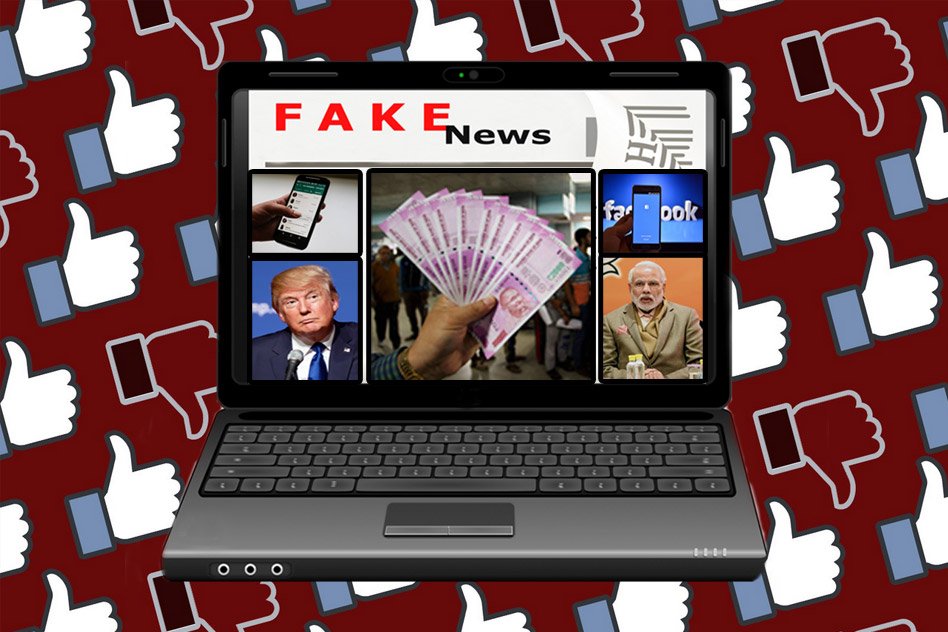Facebook and Google come together to tackle fake news in France
After controversies over “fake news” in social media influencing the results of U.S. Presidential elections and referendums in Great Britain, CrossCheck, a collaborative journalism verification project was launched last week to tackle dubious online information concerning the upcoming national elections in France.
The ultimate aim of the verification system is to help the general public understand and separate disputed new stories from genuine and confirmed stories, and most importantly, identify intentional misinformation campaigns. “It will assist people to make sense of what and who to trust in their social media feeds, web searches and general online news consumption in the coming months,” according to the official launch announcement.
The project is led by French non-profit, First Draft news, dedicated to ethical practices in the sourcing, verification and reporting of online news. Google News Lab helped with the initial development of CrossCheck, which is now connected with various local, national and international media houses operating in France. Among the first few companies that came in support of the project were Buzzfeed News, AFP, France Télévisions and the venerable Parisian newspaper Le Monde. The idea behind the verification system is to combine traditional investigative journalism with high-technology.
Social media giant, Facebook, will also support CrossCheck through a new set of dedicated user tools and media literacy efforts. The news read by users will be effectively audited by Facebook by promoting CrossCheck to readers.
According to its officials, CrossCheck will go online on February 27.
Fake News in India
The problem of fake news is becoming a crisis all around the world. While it mostly circulates through social media in the West, viral WhatsApp messages are India’s own fake news outlets.
Minutes after demonetisation was announced by PM Modi last year, almost everyone in India believed that the new currency notes will feature a breakthrough technology to fight against the longstanding problem of black money. A “nano-GPS” chip will be embedded in each of the notes which will help the government track them anywhere in the world – even underground. This story was taken so seriously that media house Zee News broadcasted it on its channel.
Fake news in India tends to spread more through private Whatsapp messages than public social media pages; making it even more difficult to track. With 160 million monthly users accessing the application with no vetting, Whatsapp is the easiest grapevine medium for spreading information, both true and false.
Other fake news spread post demonetisation was that people would be able to open bank account lockers only under the supervision of a government official and those who could prove they were getting married would be allowed to withdraw more money than others.
Fake News resulting in panic, communal violence and riots
There are several other instances of misrepresentation in India which lead to riots and communal violence in the country.
The infamous Dadri lynching in 2015 is attributed to fake information spread on Whatsapp which led to the death of Mohammed Aklaq after pictures circulating on Whatsapp proved that he had slaughtered a cow.
In November last year, fake rumours of a salt crisis led to massive panic in at least four Indian States and caused the death of a woman before the government could debunk the news.
Misrepresentation in India predates the internet. It can be traced back to the early 1990s when miscreants would cause tensions between Hindus and Muslims by producing cassette recordings of gunfire, screams and chants of ‘Allah-ho-Alkbar’ and play them in the dead of the night.
With the advent of the internet and social media, circulation of such information happens at just a click of the mouse.
In 2015, Whatsapp rumours spread that gangs of women in Mumbai were kidnapping children. Mumbai’s police commissioner had to set up a hotline for anxious parents.
Last year, the police arrested half a dozen admis of Whatsapp groups from different parts of the country. They were charged with the crime of spreading misleading information even though an admin has no control over the messages exchanged in the group.
The Logical Indian Take
India is a culturally diverse nation with a massive population. To check the fake news crisis in the country, media giants like Facebook, Google and Twitter need to bring in stronger reforms similar to CrossCheck. Social media is not just a platform anymore; it is the most widely used and accepted source of information for the general public.
It is unfair if the crisis of fake news in India is not paralleled with that of the western nations. National events in India have real-world implications and it is the responsibility of social media companies to protect its users from being fed with misleading information. Additionally, the Indian government needs to debunk any fake news circulating which might have a negative impact. Identifying fake news can be a laborious process, but rebutting false news and offering only the truth instils our trust in the government.
 All section
All section














